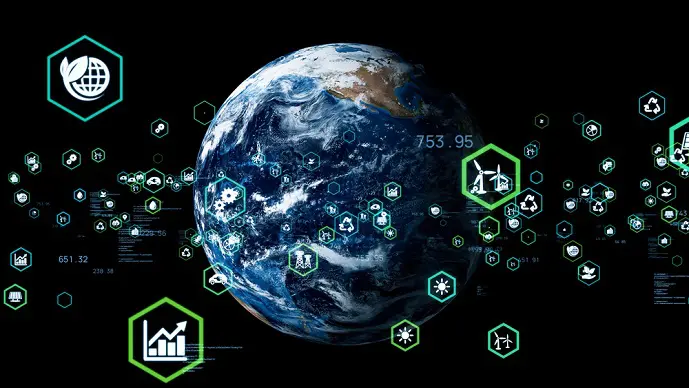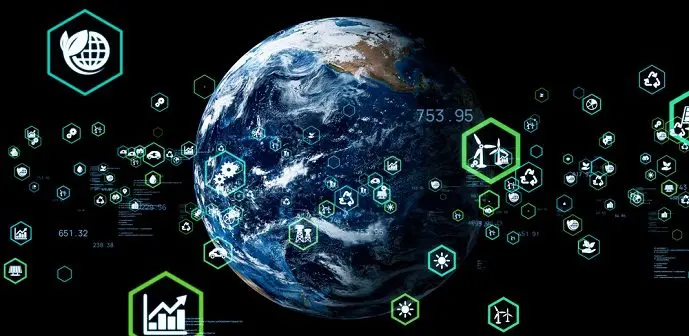
Written by staff writer.
There is a window of opportunity over the next 15 months to accelerate space diplomacy and advance space governance issues, according to Guy Ryder, the United Nations Under-Secretary-General for Policy.
Speaking in New York on June 13, Ryder said since the UN’s establishment in 1945, it had been an active partner in developing space standards. “From Sputnik to starship, outer space governance has been woven into the fabric of the UN’s system,” he said, adding that the current Secretary General, Antonio Guterres, has often spoken about the need to step up space diplomacy and make a breakthrough in space governance.
But Ryder pointed out that there is not yet an agreed international framework on space resources, space resource exploration, exploitation and utilization, nor a mechanism to support its future implementation.
The under-secretary points to the September 2024 UN Summit of the Future, to be held in New York, as a target date to remedy this. “We can bring together governments, industry, civil society, and academia to advance a shared set of goals,” he said. “We need to advance on an agreement for frameworks to govern space traffic, space debris and resource management. We believe these frameworks would be best managed within one unified regime to facilitate data sharing, cooperation and continuity.”
However, Ryder also said that the UN was open to separate governance regimes if that was the best way forward. “We also need agreements on norms, rules and principles to prevent an extension of armed conflict into outer space,” he said. “Our ambition for space governance is driven simply by necessity.”
Ryder also acknowledges that getting member states, as well as all the commercial entities linked to the space sector, to agree to a universal space governance framework is a challenging task. But he says it can be done and points to the groundbreaking 1982 Law of the Sea Convention as an example.
“We’ve been inspired in recent times by breakthroughs in the governance on the high seas. This clearly shares characteristics to outer space where countries and industry came together to solve a governance challenge. That governance of the Seas was necessary became evident in the 1980s, and governance of outer space in new ways is clearly needed today,” he said.” This provides us with the confidence that the kinds of agreements concluded in the past are possible in the future, even in today’s admittedly challenging geopolitical climate.”
The under-secretary says that in addition to addressing armed conflict in space, any universal framework needs to tackle the challenges of objects in orbit, space debris, deep space missions, and space resources. Ryder says while there has been “slow and steady governance progress,” that progress has not kept up with the number of objects now launched into space, and he says the risk of the world falling behind on space governance is real.
“National and regional entities monitor space activities with different sets of standards, best practices, definitions, languages, and modes of interoperability, and a lack of coordination amongst the different stakeholders can make it harder for countries and for enterprises with limited space situational awareness to operate their assets in an increasingly complex environment,” he told the space sustainability summit. “If we cannot agree on how to coordinate space traffic management, we risk both the safety and the sustainability of space through accidents that will lead to the destruction of orbits and worryingly, the breach of peace and security in outer space.”





